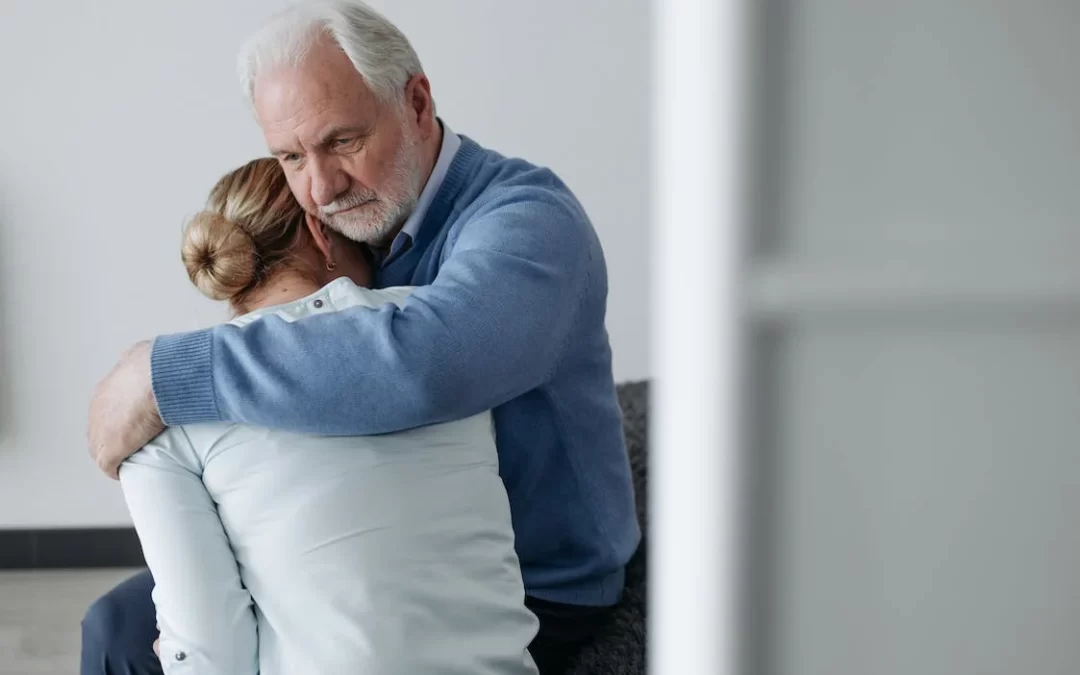Photo by Pavel Danilyuk
We are all going to die, a reality no one can escape. But the defining factor is how we bring it up when talking about it to someone who might perceive death differently.
Our personal experiences with death shaped the way we look at dying. Losing someone never feels good, regardless of the pain levels we think. Other factors include religion, spiritual beliefs, cultural norms, family influences, and current circumstances.
People might see death as a chance for redemption or a total end. In the religious/spiritual sense, death is just the beginning of a new life promised to those who choose to believe in the gift of eternal life. Mosley’s book about God and His righteousness entitled ‘Living Life With Blinders On’ will dive more into that.
How Important Is Death?
Death is a significant part of our lives, something inevitable that we can never avoid. It happens to anyone at a time no one saw coming. We can be here one day and gone the next. Depending on our life experiences, some may see death as a good thing, a saving grace, while many consider death a gut-wrenching occurrence they never want to encounter again. Despite that, many of us can never be emotionally prepared to lose someone we care about in our lifetime.
Because of society’s sensitivity to many things, death is now considered a ‘trigger warning (TW)’ meant to pre-empt someone online not to get psychologically/emotionally triggered when they see a post related to death. Collective censorship of death is even a thing nowadays, with the word ‘death’ shortened to ‘D-word’ or ‘unalive.’ The significance of this change about death in the modern world plays a huge part in how we carry on conversations that might be unpleasant to other people. Ultimately, the choice is ours whether to engage in it or go against the flow.
Why Should There Be Conversations About Death?
It usually is taboo to discuss death and to die. Doing so can become uncomfortable or upsetting, especially among families and communities that perceive death as depressing and burdensome. Most people fail to talk about the end of life because of the presumed gloomy atmosphere that it can bring. And because it is not talked about enough, there may be those who’ll be taken by surprise if someone randomly brings it up.
Because people fail to communicate their views regarding death and eventually fall ill or in a critical condition, the families are left to decide. They must choose what’s best for their sick family member. The problem is that it can cause unnecessary stress and take away their family member’s autonomy if they don’t know anything. This situation calls for a deep talk about what happens after the person dies. Even while you still have a family that’s alive and kicking, that shouldn’t be a reason for you to be complacent that they wouldn’t die yet. You must prepare for the worst-case scenario by saving for death plans and insurance, so whenever someone dies in your family, those who are left behind will have something to get by.
That moment is where families should gather around to have intimate conversations about death. It is mainly the symbolic aspect of it aside from the technical things that need to be accomplished. Being financially, psychologically, and emotionally ready for death will let everyone ponder their life choices. Talking to close people is always a great start.
Life After Death: What Comes Next?
This might be an iffy topic that contains an enormous amount of mysteries. Some people believe in Heaven and hell or the afterlife, shaped by their upbringing. To anyone who believes in God and His promise of eternal life, Heaven is their end goal after living their lives here on earth. They try to live virtuously and ensure that their lives follow the values rooted in their beliefs. Julius Mosley II’s book ‘Living Life With Blinders On’ talks in depth about living a Godly life before and after death.


Recent Comments